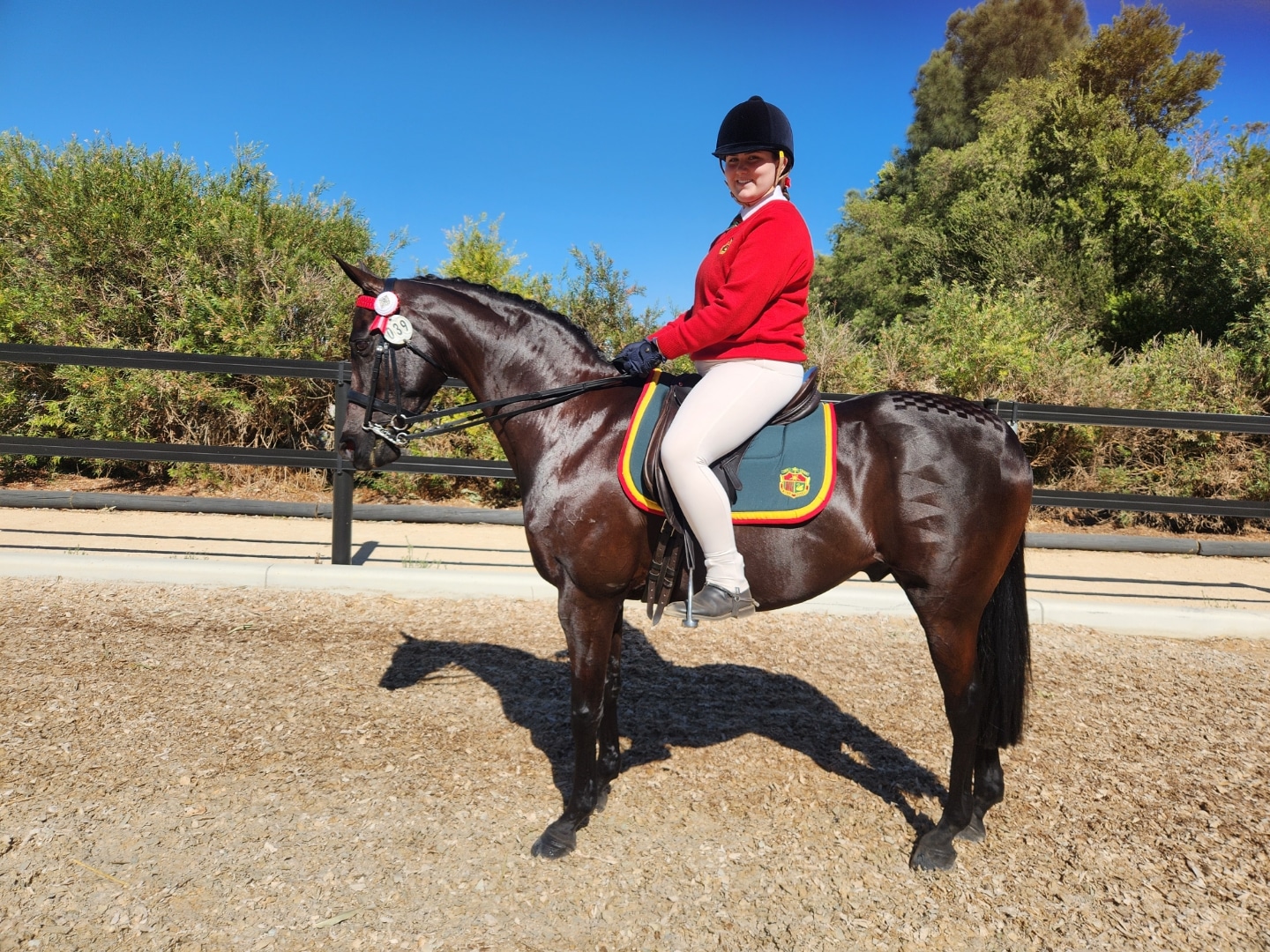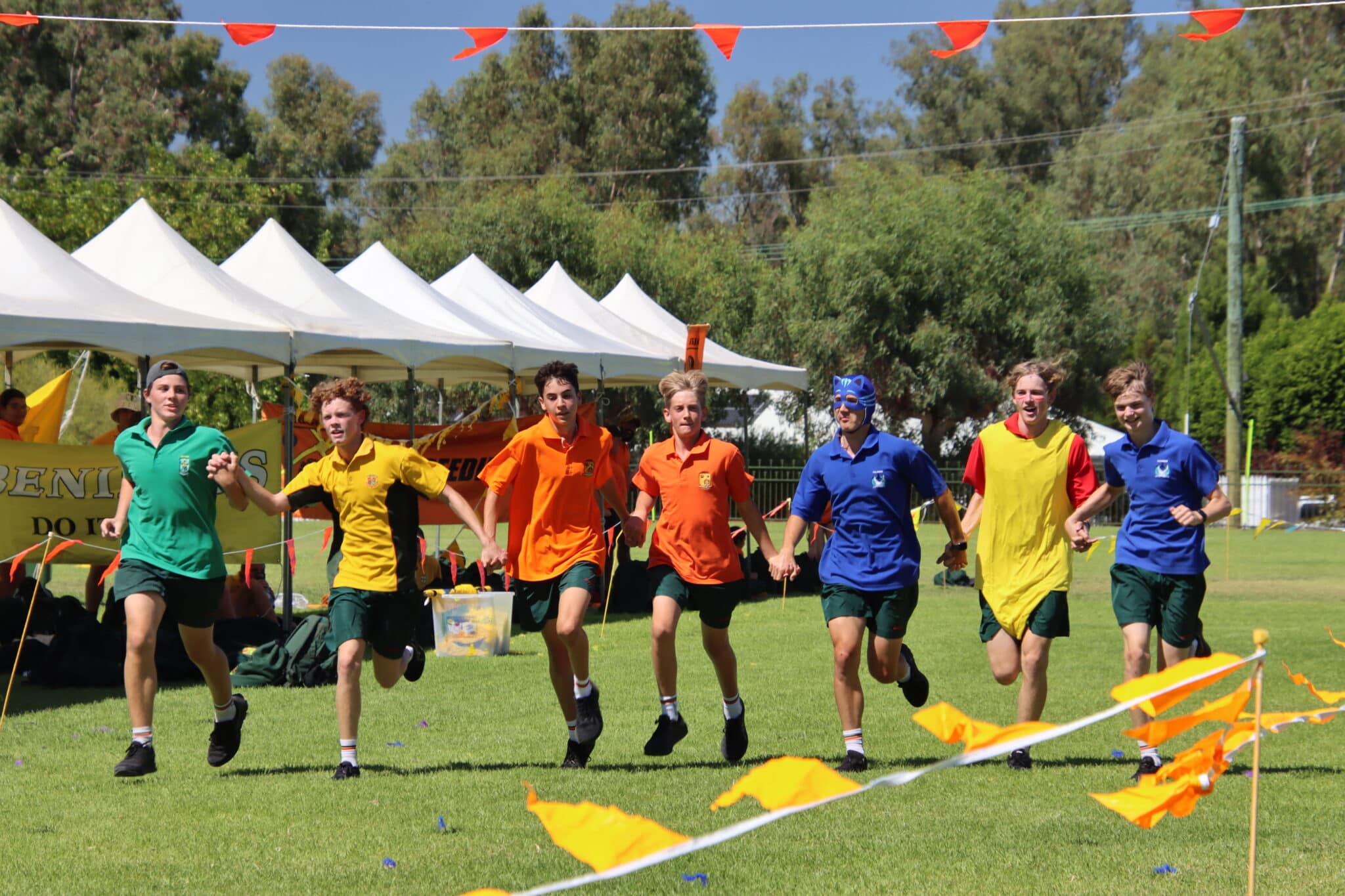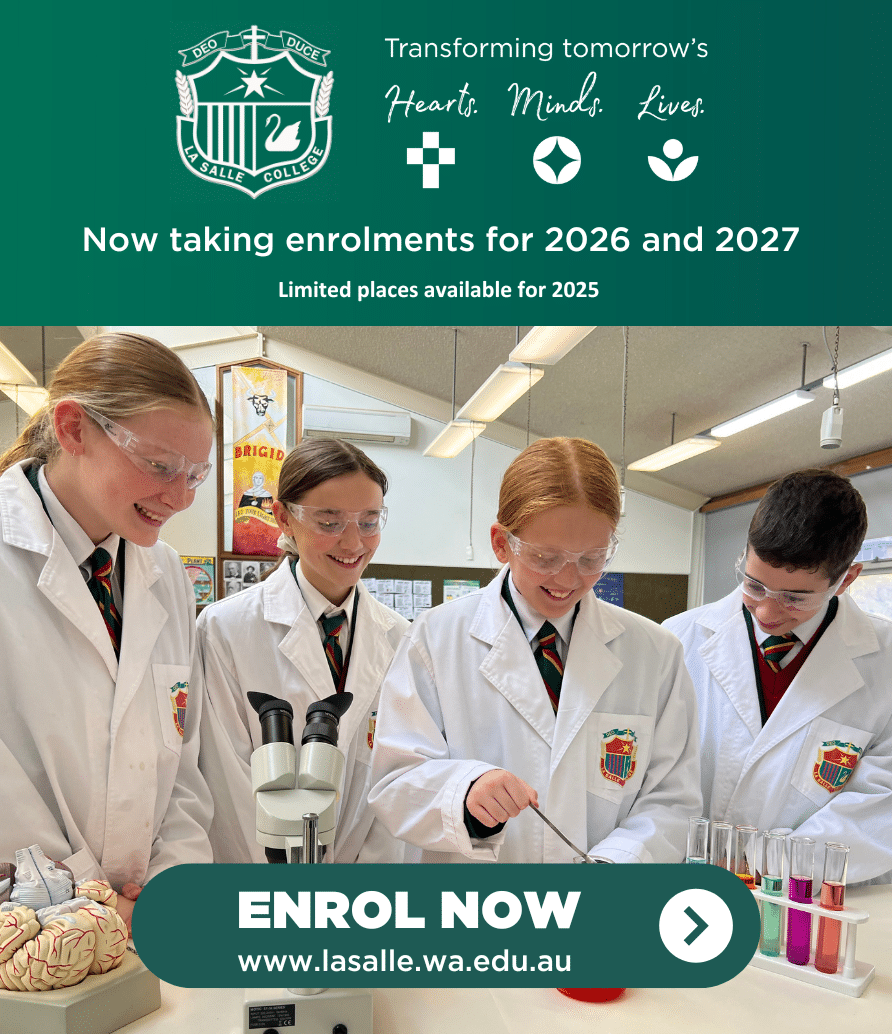As a College, we aim to educate our students as best we can about how to be positive digital citizens, however, we require your support as parents and guardians to give your children the confidence to make sound decisions online – and ask for help when they need it. We encourage you to have open and ongoing conversations with your child about the importance of using their digital devices in moderation, and if accessing social media platforms, doing so in a responsible and safe manner.
As a College, we follow a zero-tolerance approach with regards to bullying and threatening behaviour. The repercussions of a student being bullied and threatened can often be serious and ongoing, and in some cases, there can be serious legal ramifications.
Here are some online safety basics from the eSafety commissioner:
- Limit your friend list — don’t ‘friend’ random people or allow people you don’t know to ‘follow’ your social media accounts.
- Adjust your privacy settings — make your accounts private so that only friends you know face-to-face can see what you post. Read more about privacy settings below and see the eSafety guide for information about how to update your privacy settings.
- Your personal information is valuable — don’t share it. Learn more about how to protect your personal information.
- Protect your digital reputation — think before you share something and ask yourself, would you want anyone to see this in five years’ time?
- Once you share something you lose control of it — remember that once a message, photo or video has been shared online, you may not be able to control where it goes or how long it stays online.
- Be careful who you trust — not everyone online is who they say they are.
- Look out for things that don’t add up — such as another user whose online profile is not consistent with what you see and hear when you talk or chat with them.
- If someone says ‘my web cam is broken’, this may indicate that they are trying to scam or deceive you.
There are many simple strategies that can be introduced at home to ensure our young people are educated about the responsible use of technology:
- Set rules surrounding the use of technology
- Have access to all your child’s social media accounts and actively monitor them
- Keep electronic devices in a central location (particularly overnight) and monitor the amount of time that is spent online
- Remember that although phones may be taken away, social media accounts can still be accessed through any electronic device.
Below are some resources that you can access which provide other helpful information relating to responsible online use:
- https://www.esafety.gov.au/parents/skills-advice/online-safety-basics
- https://www.police.wa.gov.au/Your-Safety/Internet-safety
Scott McIlroy Deputy Principal Year 7-9 | Shannon Smith Deputy Principal Year 10-12





